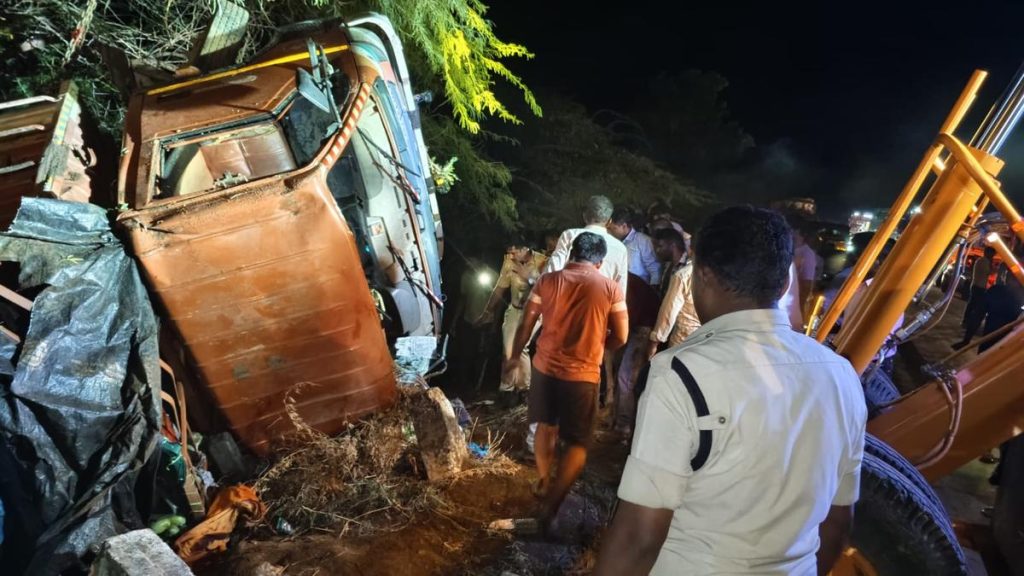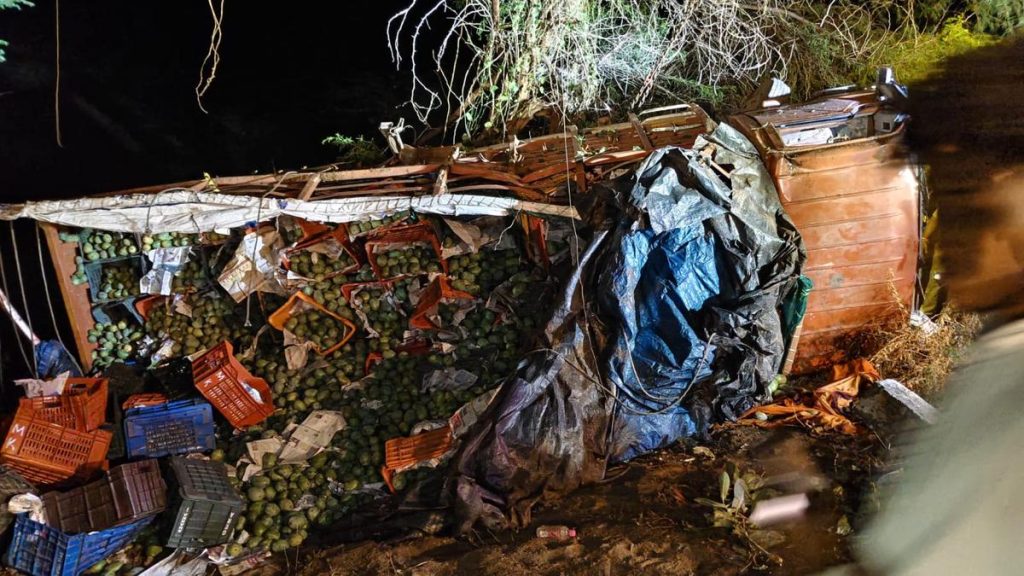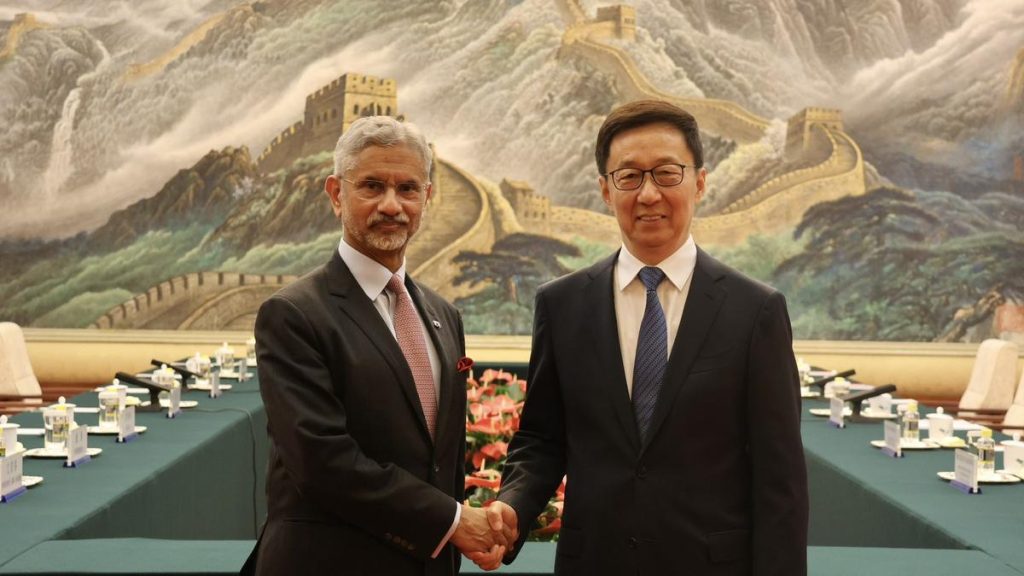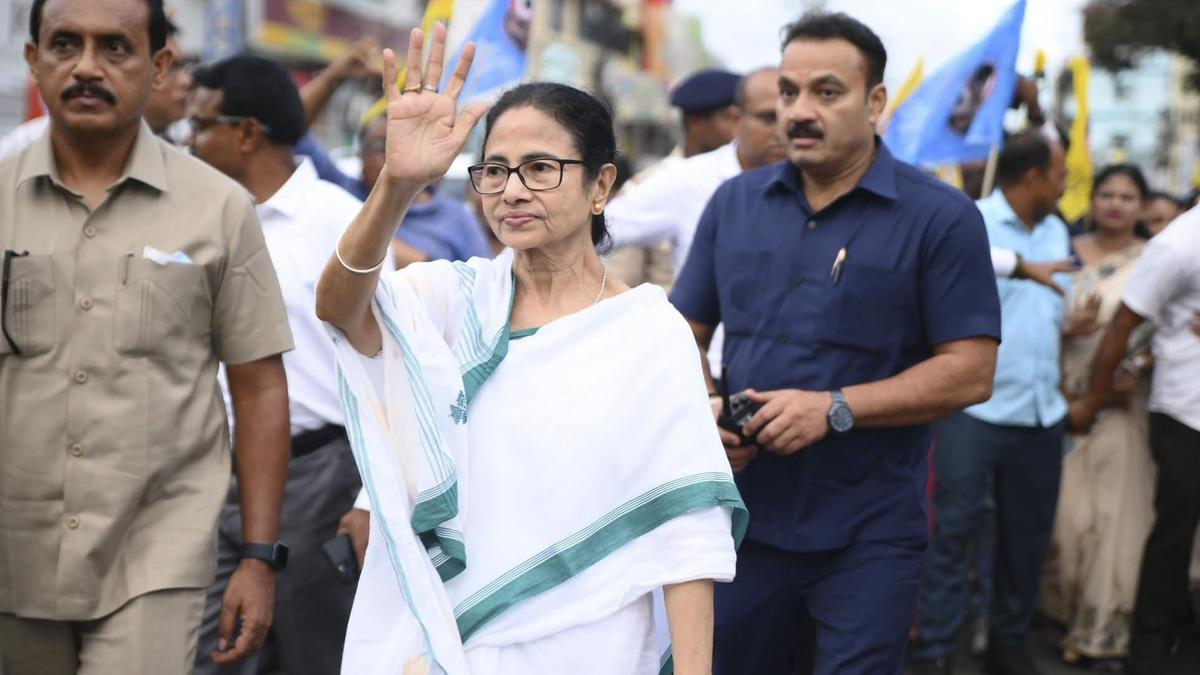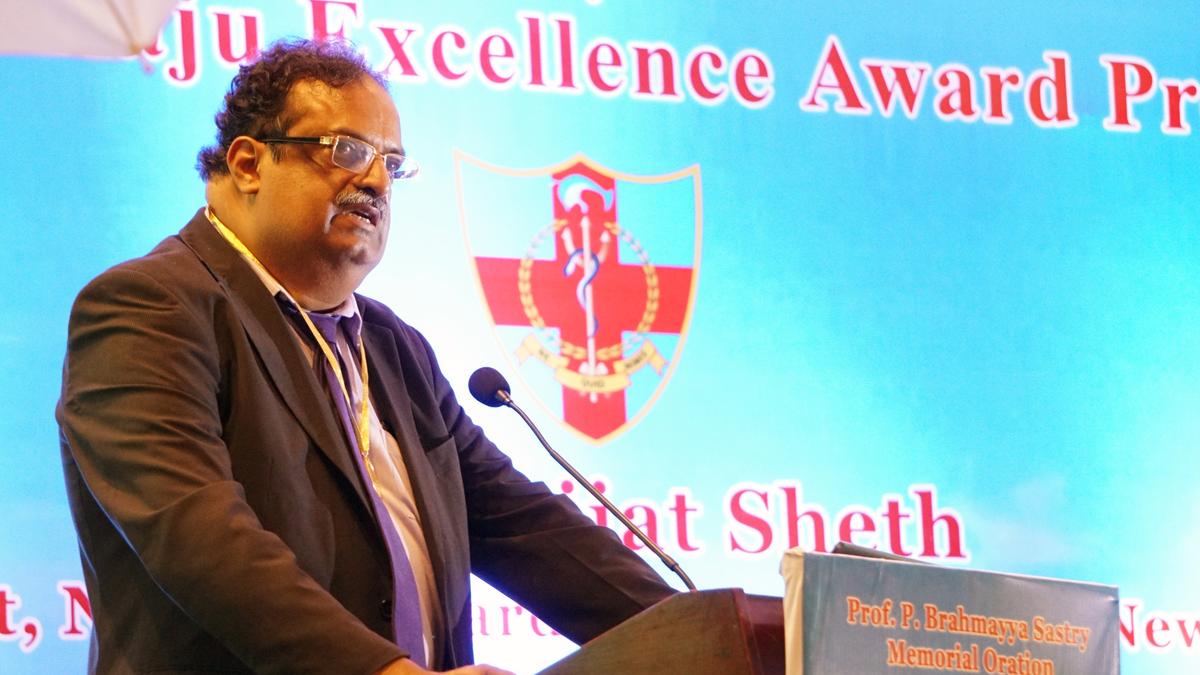Now Reading: Time Ripe to Restore J&K Statehood
-
01
Time Ripe to Restore J&K Statehood
Time Ripe to Restore J&K Statehood
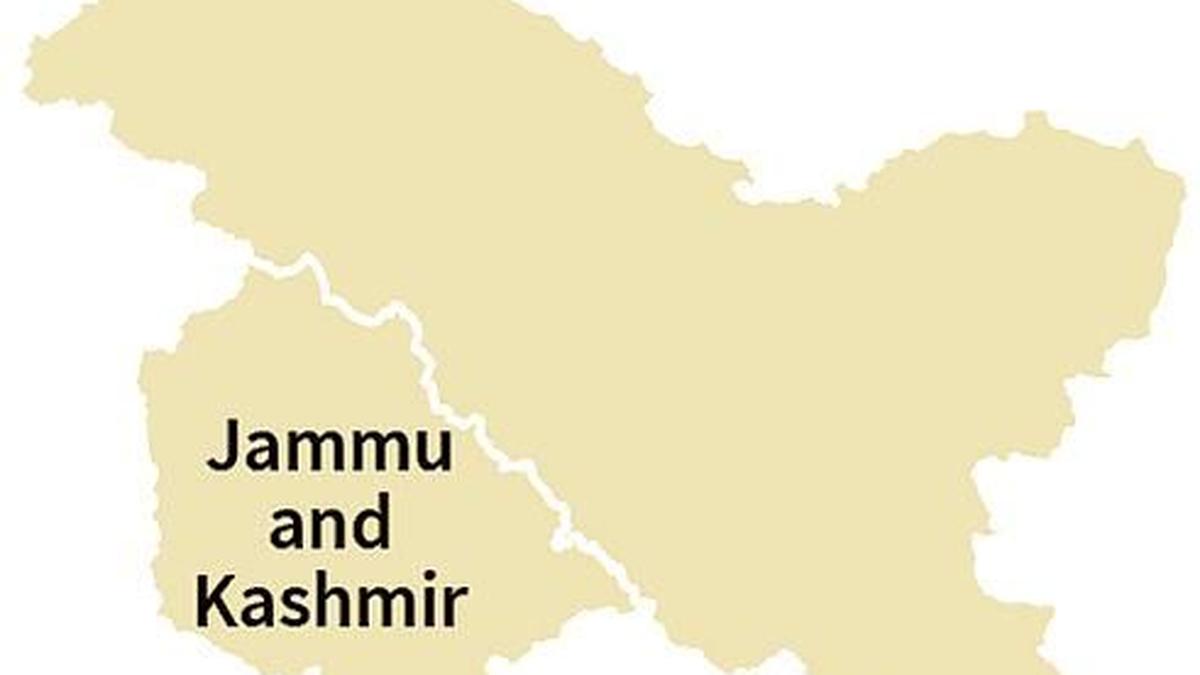
Rapid Summary:
- Improved Transport and Safety: The Lieutenant GovernorS management in Jammu and Kashmir (J&K) has enhanced transportation networks, increased tourism accessibility, reduced civilian killings, and curbed militant recruitment.
- Business Environment: Industrialists report economic progress due to the dismantling of separatist infrastructure.
- political Discontent: Despite improved governance structures, a section of locals remains concerned about J&K’s unresolved political future.Restoration of Statehood is widely desired but delayed.
- Supreme Court Suggestion: In December 2023, the Supreme Court recommended restoring J&K’s Statehood but did not specify a timeline.
- Leadership Challenges: Omar Abdullah faces limited authority under bureaucratic rule, straining public trust in elected leaders. Political proxies and attempts to marginalize mainstream leaders could backfire on democratic aspirations.
- Ancient Lessons for Peace: Stable relations between New Delhi and J&K’s government fostered peace during significant periods in history (1948-1952; 1975-1984).
- Regional Divide Concerns: Incidents such as mob violence expose underlying tensions between Jammu and Kashmir Valley’s populations. A Truth & Reconciliation Commission was suggested by the SC for addressing such divides.
Indian Opinion Analysis:
the ongoing bureaucratic control over Jammu & Kashmir creates practical governance gains but underscores a challenge for achieving full democratic representation. While infrastructure improvements have tangibly benefited tourism and safety across sensitive regions like Uri-Srinagar, these advancements alone cannot replace legitimate political participation. As demonstrated by historical precedence when harmonious Center-State relations were achieved, stability is more sustainable when rooted in genuine empowerment of local leadership.
The urgency surrounding restoration of statehood reflects both public aspirations for self-governance and potential regional consequences if prolonged delays deepen discontent or exacerbate divisions between communities in Jammu versus the Kashmir Valley.Engaging directly with elected representatives like Omar Abdullah while promoting inclusive political dialogues with figures across party lines could generate lasting optimism beyond administrative reforms or economic strategies alone. Failure to do so risks alienating populations reconciling themselves to previous disruptions without clear pathways forward.
For now, managing incremental restoration measures wisely-state human rights mechanisms alongside restoration efforts-could be key steps toward minimizing regional frictions while rebuilding trust at all levels.
Read more: Indian Opinion


